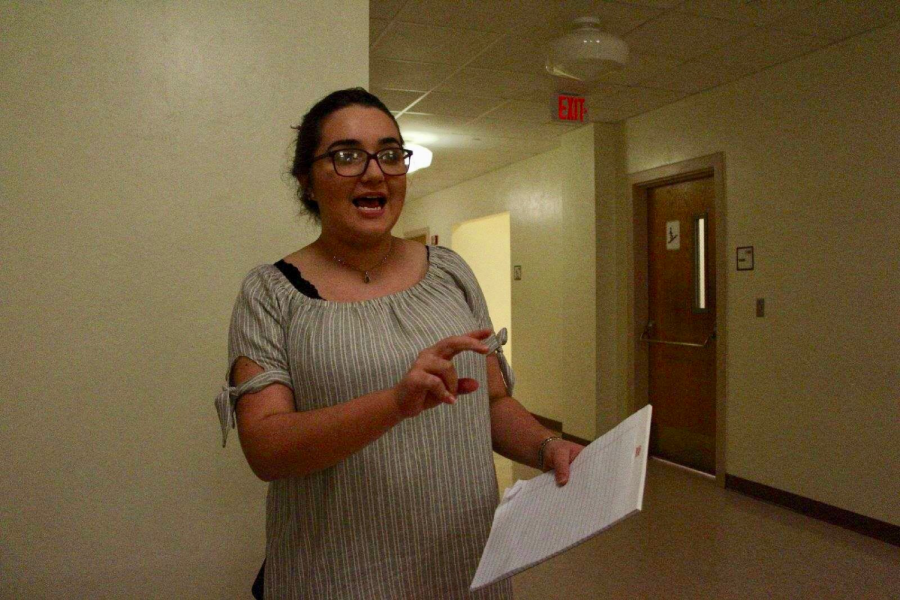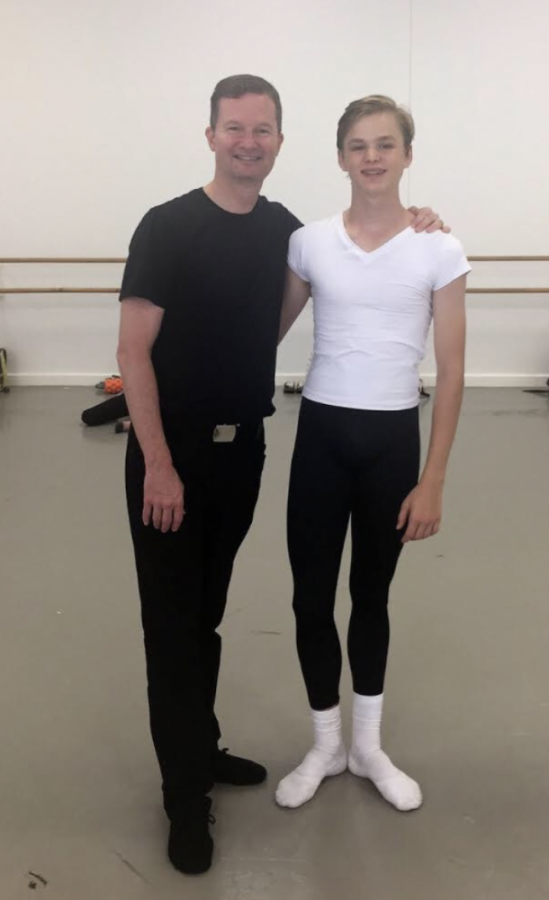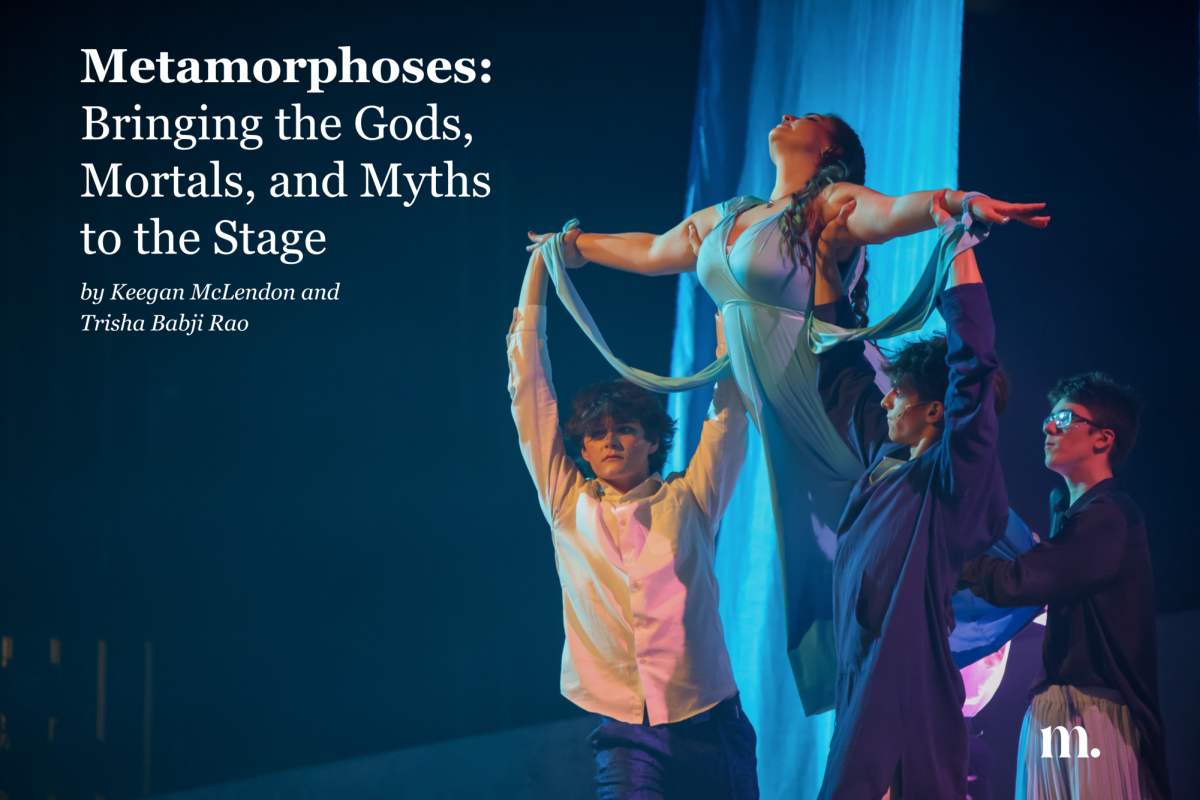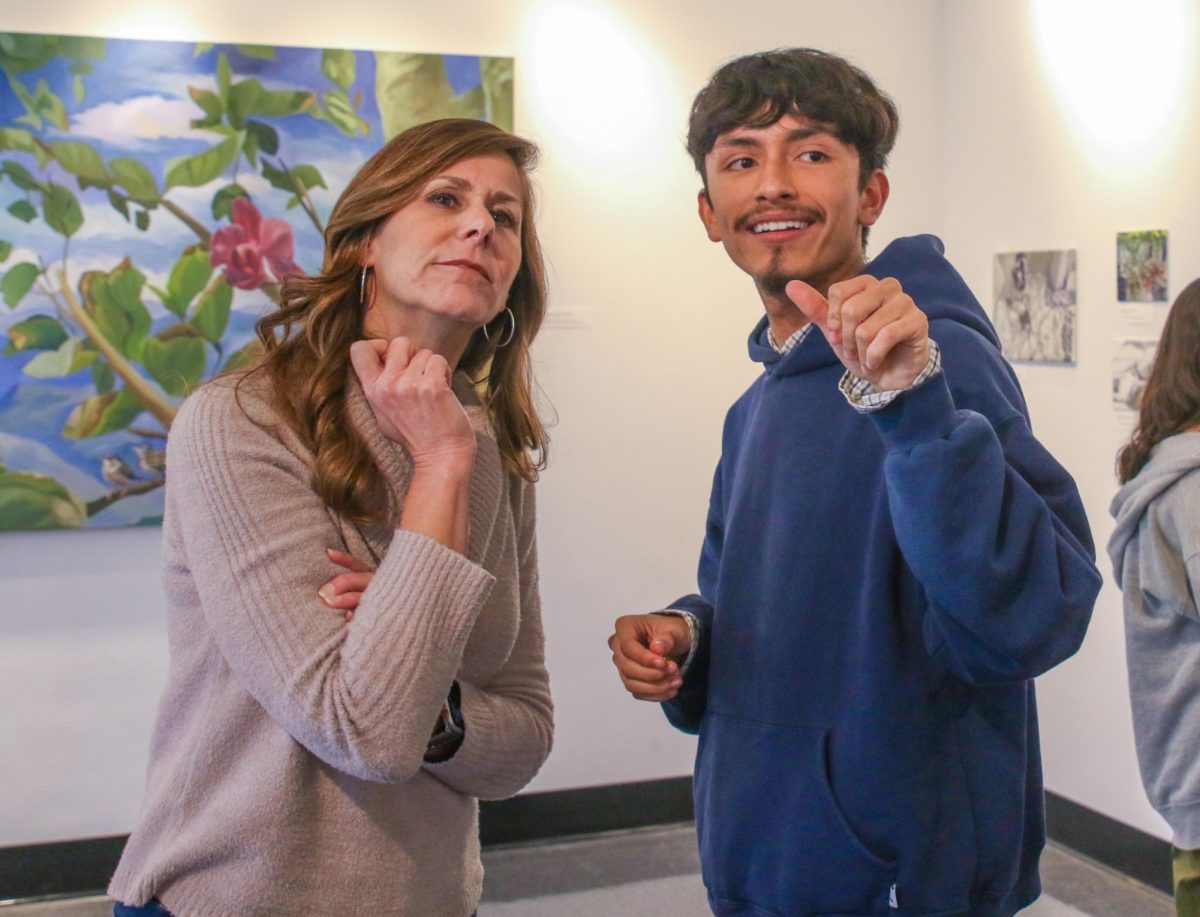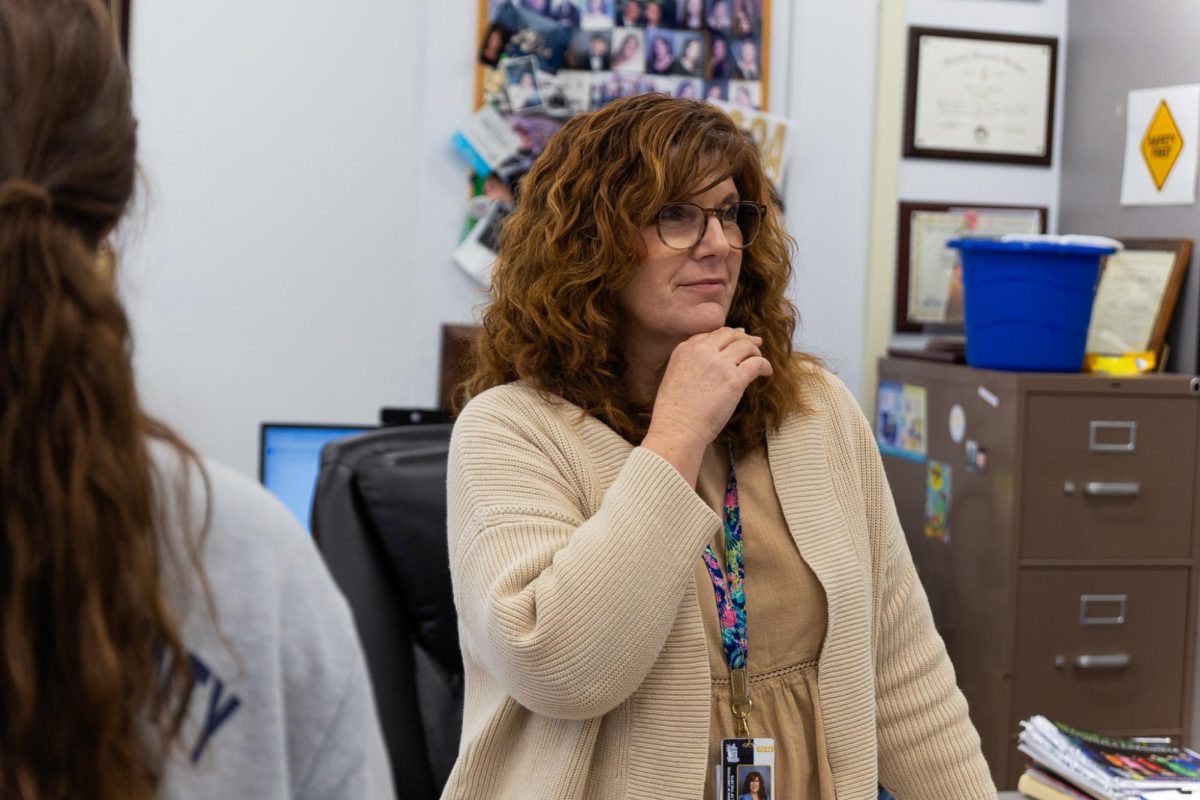The average Dreyfoos student has a school year filled with the habitual practice of their art; from after-school rehearsals to one-on-one coaching, art is the common thread that runs through each unique day of the school year. Communications sophomore Katherine Oung kept her thread running throughout her summer vacation as well, by attending a two-week program dedicated to speech and debate.
Q: What program did you attend? What is the goal of this program?
A: I attended the CBI (Champion’s Brief Institute) speech program over the summer. Over the course of two weeks, you create a speech and debate piece that you can compete [with] in the upcoming competition year. You focus on one specific event, and through lectures, workshops, and exercises, create the piece.
Q: What artwork did you create at CBI?
A: I created my Program Oral Interpretation (POI) at CBI. Basically, it’s a 10-minute piece of interpretation centered around an argument, which is usually a social issue. It’s made up of different pieces of published literature, like articles, prose, poetry, or speeches, that are woven together and come to life as different characters.
Q: What is the premise of your piece?
A: My piece is about the “tiger mom” stereotype, which is basically a demeaning stereotype about Asian mothers. [It] present[s] them as almost cartoonishly strict and as people who only care about their children’s grades or success. Through my literature, I argue that yes, maybe many Asian mothers may present this way, but it is just a response to the discrimination that Asian-Americans face in our country and most definitely comes from a place of love. A central part of my piece is about Amy Chua, who was this Asian-American woman who published a memoir about her parenting experience and got so much unwarranted backlash from it; she even got death threats. People don’t understand that Asian-American kids like me totally understand that their parents are showing their love this way, and I’m basically calling a Western audience to try to understand as well. I’m very close with my mom, and I feel like her story and her perspective is never told, so I wanted to create this piece both for her and for me.
Q: What was the process of creating your speech?
A: My process basically started with me coming up with this argument, then looking for literature that I liked. That was probably the hardest part for me. I spent so long looking at different articles, books, and poems. Then, I took that literature and cut it up to create a cohesive storyline with a beginning, a climax, and a resolution. Finally, I worked on performance, which included blocking the scenes, since they’re pantomimed, and [the] portrayal of [my] characters.
Q: Who did you work with to create the piece?
A: I worked with my lab leaders, who were two mentors that were assigned to me and helped me through the entire process. We had lectures too, where we talked a lot about theory. Plus, we as campers would just unofficially group together and critique each sometimes, which was really fulfilling.
Q: How long was the camp? How long was each day?
A: Camp was two weeks, with the last day being the camp tournament. Honestly, those two weeks just flew by, although each day seemed super long because we continued every day, even after dinner, until 8:30 p.m. Every day, I would go home so exhausted but really fulfilled.
Q: Would you go back to CBI if you had the chance to this summer?
A: I would love to go back to CBI, or just any other debate camp if I have the chance to! It’s just such a great opportunity to really hone in on a piece and learn more about this craft in general. Next year, I maybe even want to try a camp out of state where I would stay in a dorm since CBI was in South Florida.
























































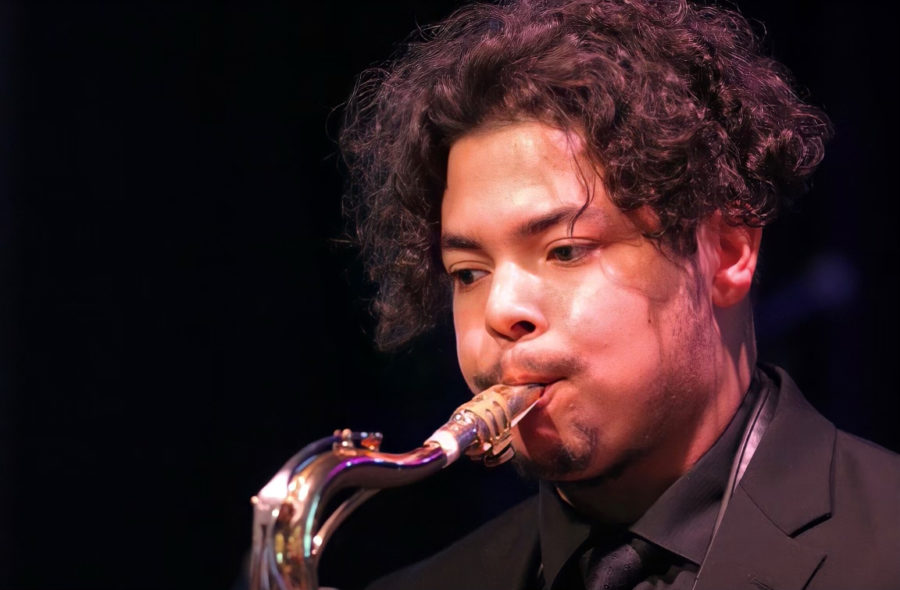
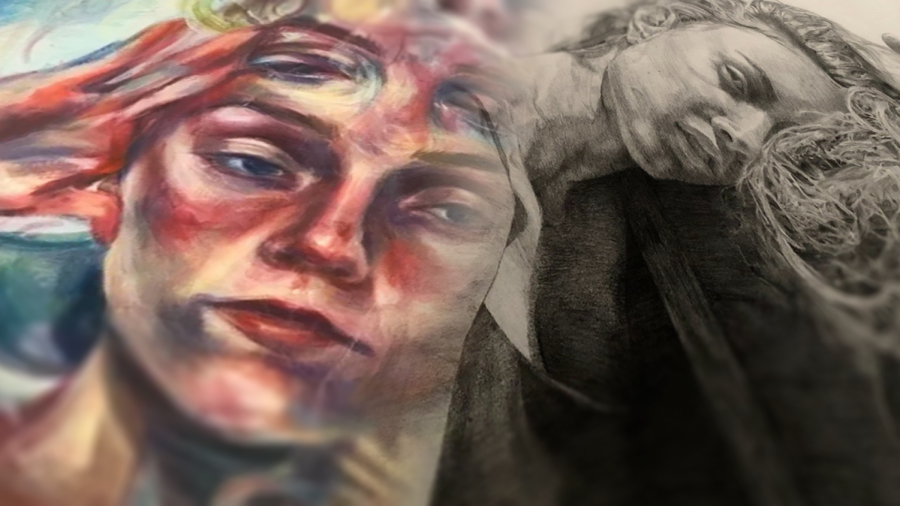
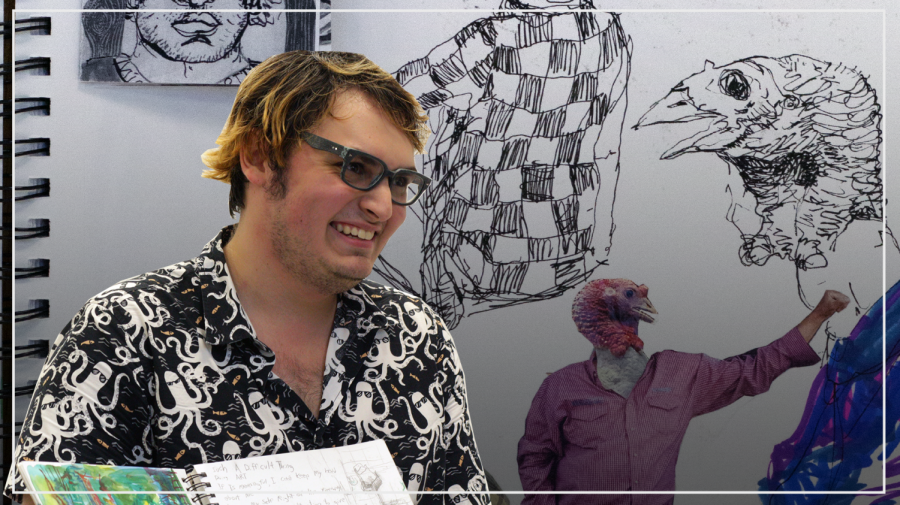
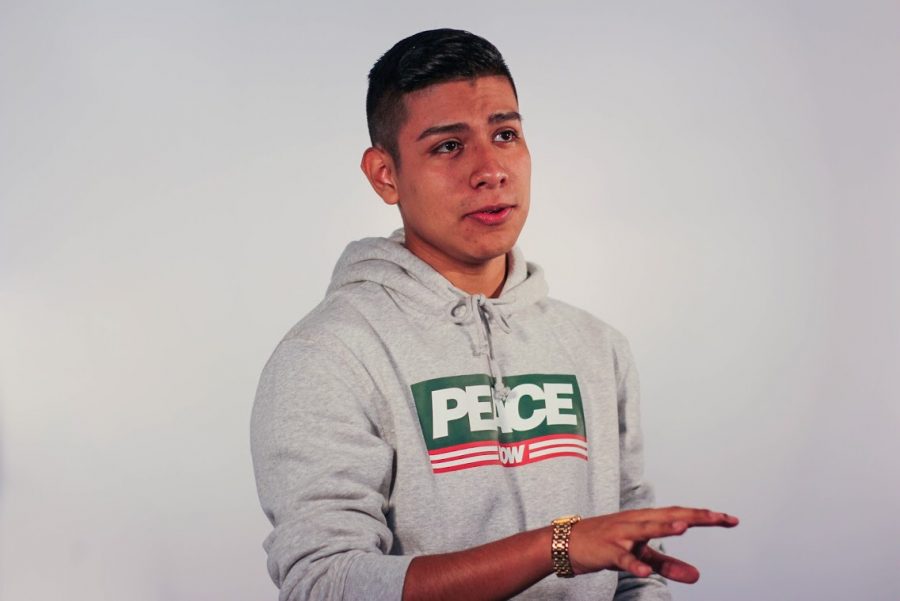
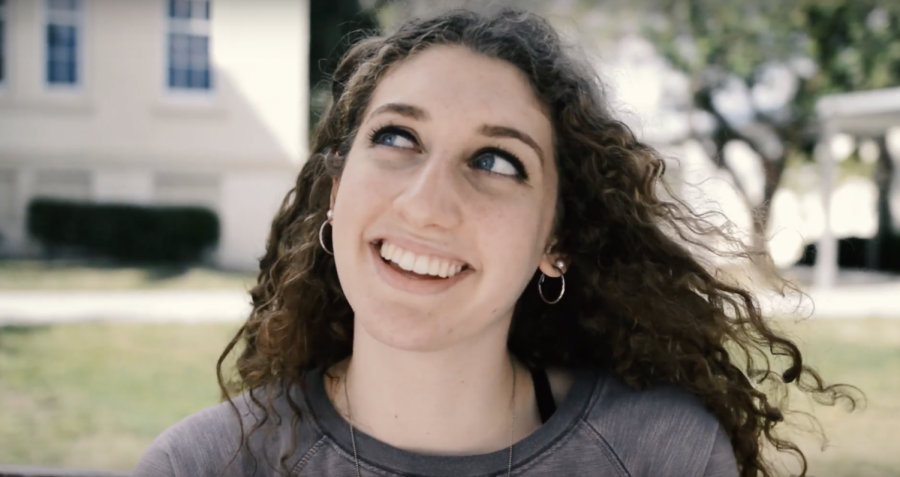
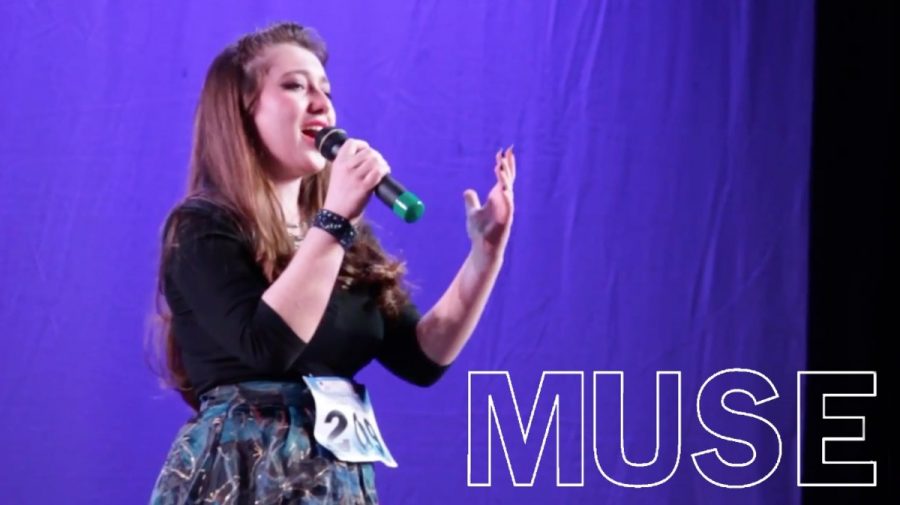
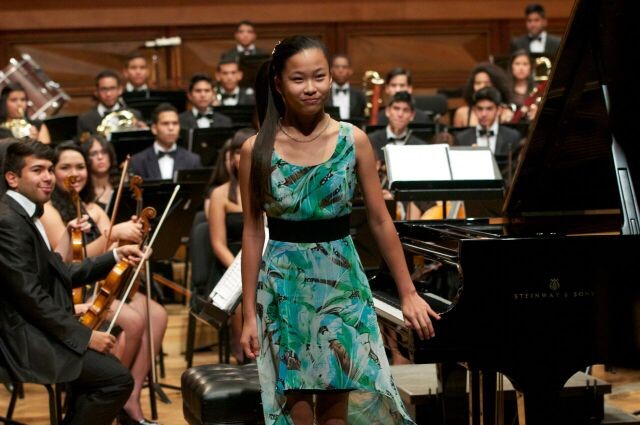
![Piano junior Giancarlo Llerena performs his audition piece, “Beethoven Piano Concerto No. 2,” for judges at the Greater Miami Youth Symphony Concerto Competition. “[The audition] was the day of the Impromptu concert [at Dreyfoos], so I had to leave school early and go all the way to South Miami,” Llerena said. Later that month, Llerena learned that he had won first place in the competition.](https://www.themuseatdreyfoos.com/wp-content/uploads/2017/11/Screen-Shot-2017-11-30-at-5.03.18-PM-900x497.png)
